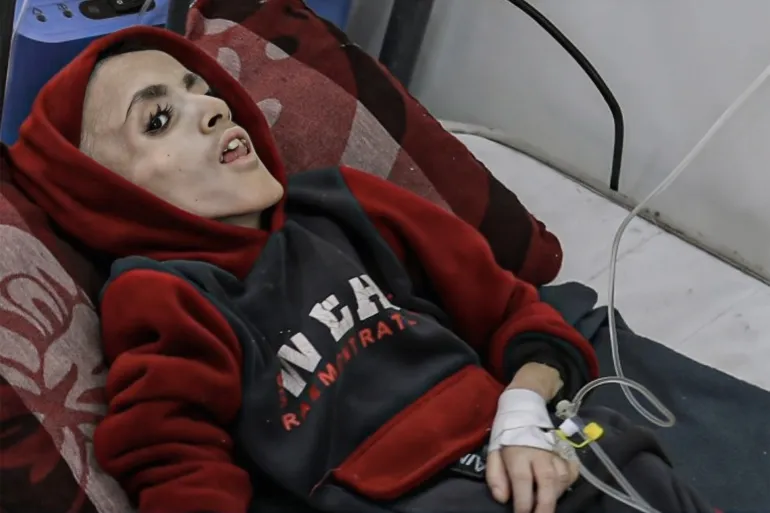Students, writers, and journalists in articles and reports published by international newspapers and websites called for an immediate cessation of hostilities in the Gaza Strip, accusing Israeli Prime Minister Benjamin Netanyahu of being behind the stalled negotiations for a prisoner exchange.
Michelle Nann wrote in an article on “The Hill” website, “Gaza has become a crucial moment in the moral history of the United States and the international community,” calling for an immediate ceasefire. The writer adds that what she calls “the stupid bombs” that caused much death and destruction in Gaza were made by America and given to Israel.
In the same context, an article in “Foreign Affairs” magazine refuted the boasting of Israeli leaders that they have the most ethical army in the world, with the writer Avner Gvaryahu – a former soldier who served in the West Bank – stating that the claims of Israeli leaders regarding respect for conflict protocols and their efforts to reduce the number of civilian casualties have no basis in reality, adding that the opposite is true.
As for the French website “Media Part,” it published an analysis describing Israeli Prime Minister Netanyahu as “fond of endless negotiations that yield no results.” The analysis clarified that the current impasse in the prisoner exchange negotiations is not only due to disagreements over details, but also to Netanyahu’s calculations and his internal political problems, as well as the nature of his extremist government coalition and his fluctuating parliamentary alliances, as emphasized by the French website.

An investigation by the “Financial Times” shed light on the crisis facing the United Nations Relief and Works Agency for Palestinian Refugees (UNRWA), describing this crisis as the worst in the agency’s history, and stating that it not only threatens the residents of Gaza but also Palestinian refugees throughout the Middle East.
According to the newspaper, refugee camps in Lebanon appear to be the most vulnerable, with a Lebanese branch official quoted as saying: “For Palestinians here, the agency is the lifeline in all its branches and complexities.”

